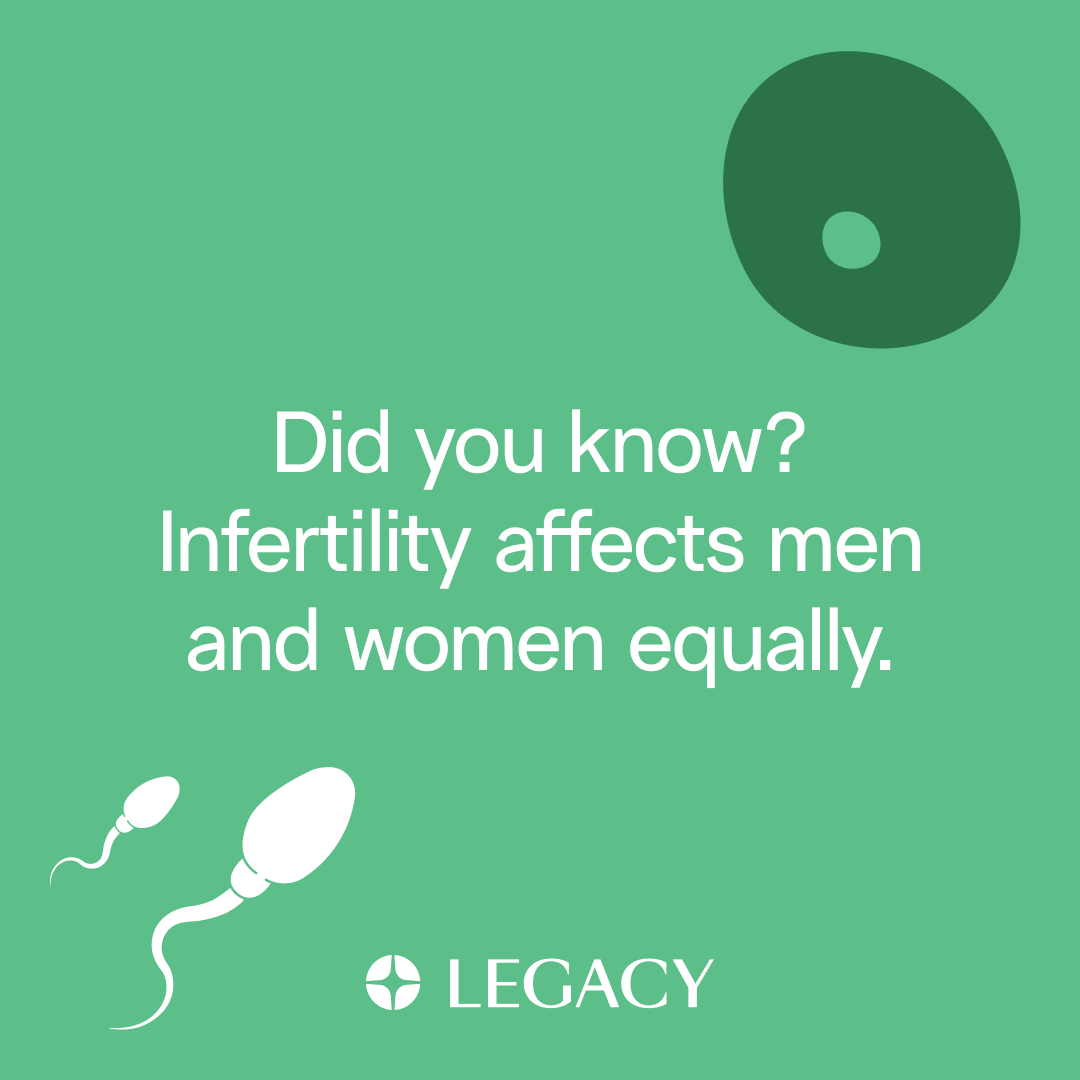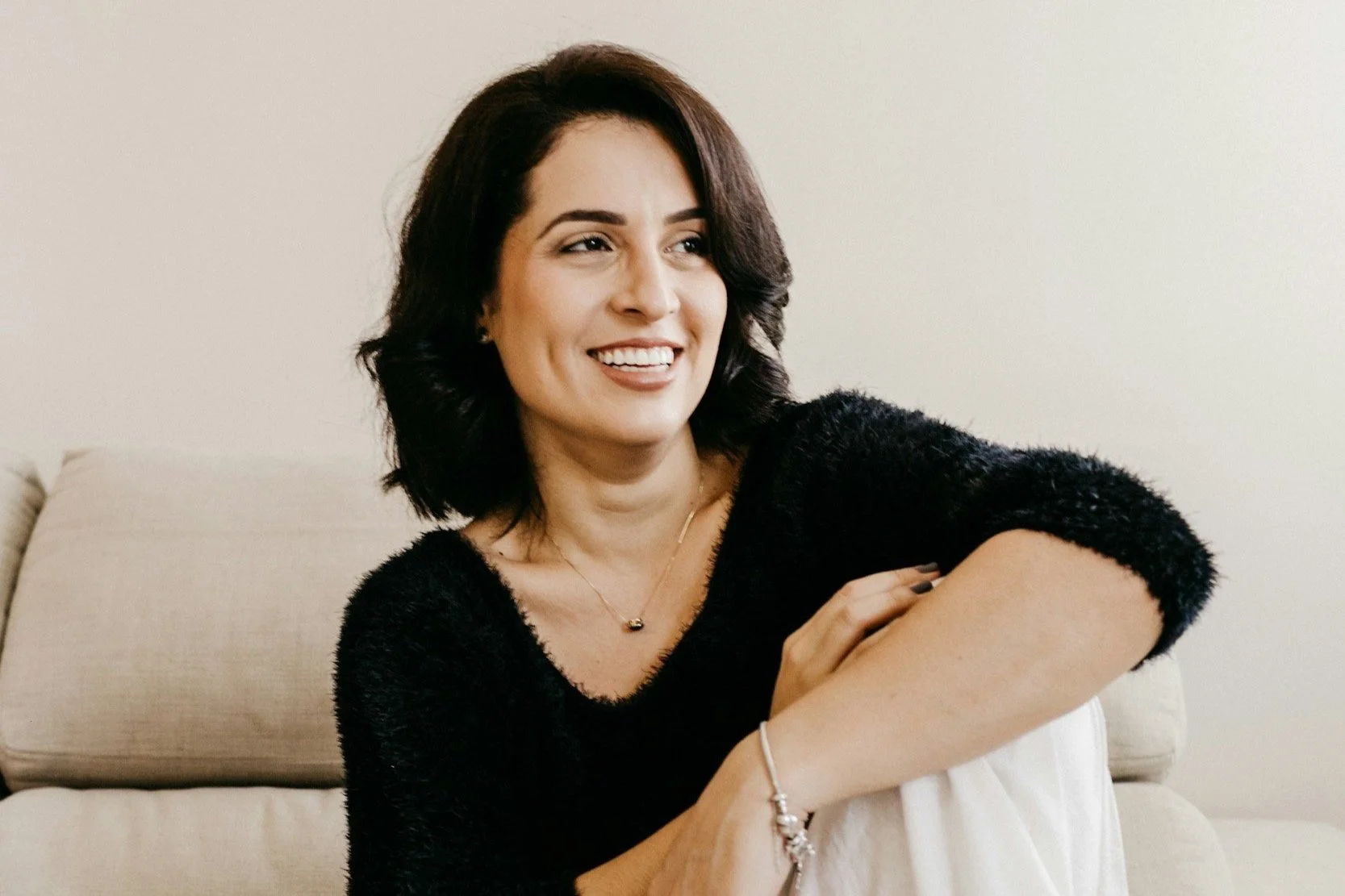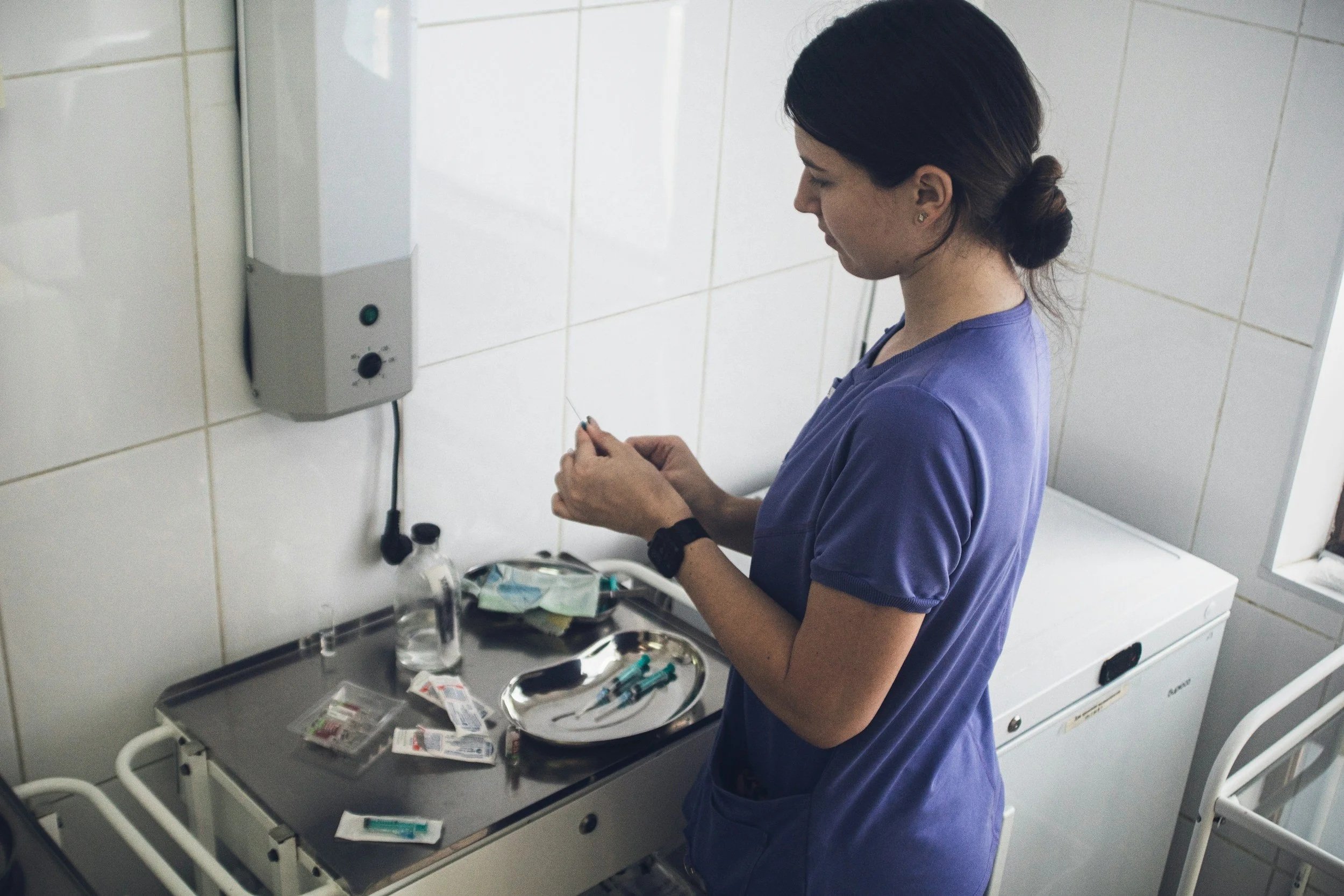When considering fertility preservation, both egg and embryo freezing offer unique benefits and challenges.
Freezing eggs provides reproductive autonomy, allowing individuals to fertilize them with sperm at a later date when they are ready to build a family. This approach is often less expensive, especially for those paying out of pocket, as it involves fewer laboratory procedures compared to embryo freezing. However, the main drawback of egg freezing is the uncertainty surrounding their future potential. Egg quality is primarily determined by the individual's age at the time of freezing, but even with good-quality eggs, not all will survive the freezing, thawing, and fertilization processes.

SAVE 15% with code FREEZEHEALTH on all Legacy products
Embryo freezing, on the other hand, offers greater predictability since fertilization is completed prior to freezing. Embryos that are tested and found to be chromosomally normal have a 60–70% chance of resulting in a live birth once transferred. However, this approach requires a sperm source, whether from a partner or a donor, which may not align with everyone’s current circumstances. Using a partner’s sperm introduces legal complexities, as both parties retain rights to the embryos, potentially complicating future use if the relationship ends. Alternatively, embryos created with donor sperm give the individual full control but might pose challenges if a future partner prefers not to use donor-conceived embryos.
For individuals under 38, egg freezing may be sufficient, as the eggs tend to be better quality and have more predictable outcomes.
For those 38 or older, embryo freezing is often recommended due to the reduced reliability of eggs at that age. Some individuals, if resources allow, choose to freeze both eggs and embryos to maximize future options. Ultimately, the best choice depends on factors such as age, relationship status, financial situation, and long-term reproductive goals. Consulting a fertility specialist can help tailor the decision to your unique circumstances and provide guidance through this complex but empowering process.

Dr. Serin Seckin is a native of New York City and a mother of two! Dr. Seckin received her medical degree from Sidney Kimmel Medical College at Thomas Jefferson University where she graduated with a scholarly concentration in Translational Research. Her clinical and research interests include: fertility preservation, Diminished Ovarian Reserve (DOR), and the impact of endometriosis on fertility. Dr. Seckin believes that fertility care should empower individuals and couples facing fertility challenges, offering them hope and innovative solutions on their journey to parenthood.
Learn more about Generation Next Fertility’s egg freezing practice on Freeze.
Answered by Dr. Roy Handelsman from HRC Fertility. Understand how ovarian cysts and ovarian surgery may impact the egg freezing process.
Answered by Dr. Rashmi Kudesia from CCRM Fertility Houston. Here’s a checklist for before, during, and after your egg freezing consultation, including 11 questions you should ask the doctor.
Answered by Valerie Shafran, MSN, FNP-C from Extend Fertility. Discover why fertility experts urge women to stop taking GLP-1 agonists before an egg freezing cycle.
Answered by Dr. Nidhee Sachdev from South Coast Fertility Specialists. Explore what AMH tells us about a woman’s ovarian reserve or how many eggs she has left.
Answered by Dr. Hade from Generation Next Fertility. Understand how egg freezing does not cause long-term weight gain yet there is a chance of transient bloating.
Answered by Rijon Charne, JD from Sunray Fertility. Explore what a reproductive estate plan entails and the situations where having one can make a big difference.
Answered by Rijon Charne, JD from Sunray Fertility. Learn more about the importance of clinic disposition forms, including what they do and don’t cover.
Answered by Rijon Charne, JD from Sunray Fertility. Discover the legal nuances that can shape your options when freezing eggs or embryos.
Answered by Dr. Joshua Klein from Extend Fertility. Learn how birth control relates to egg freezing and if you will need to stop your hormonal birth control before starting the procedure.
Answered by Dr. Jesse Hade from Generation Next Fertility. Discover the important factors that affect chances of egg freezing success in your late thirties.
Answered by Sidonia Buchtova, PA-C, C-RHI from Refresh Psychiatry. Understand if you can stay on an SSRI or SNRI when freezing your eggs.
Answered by Sidonia Buchtova, PA-C, C-RHI from Refresh Psychiatry. Discover tips to help support your mental well-being during preparation, throughout the cycle, and after your egg retrieval, especially if you have a history of anxiety.
Answered by Dr. Katharina Spies from Vida Fertility. Learn about who should consider supplements before and during fertility preservation, and how supplements could support your egg freezing cycle.
Answered by Dr. Serin Seckin from Generation Next Fertility. Understand the key differences to help you make an informed decision that aligns with your personal and reproductive goals.
Answered by Dr. Ido Feferkorn from the Reproductive Medicine Group. Learn how Polycystic Ovarian Syndrome (PCOS) may affect the egg freezing process and outcomes of fertility preservation.
Answered by Dr. Meera Shah from Nova IVF. Understand the potential risks of egg freezing to help you evaluate if it is right for you.
Answered by Dr. Hade from Generation Next Fertility. Learn from start to finish the entire process of what happens on the final day of an egg freezing cycle.
Answered by Dr. Sahar M. Stephens from Northern California Fertility Medical Center. Understand the probability of pregnancy based on the number of eggs frozen and the age at which you freeze.
Answered by Dr. Alison Peck from HRC Fertility. Discover which medications are commonly used for ovarian stimulation during an egg freezing cycle.
Answered by Dr. Kathryn Snow from Piedmont Reproductive Endocrinology Group (PREG). Understand the side effects that you may experience when freezing your eggs.
Answered by Lia Schiller, MSN, AGNP-BC from Extend Fertility. Learn why IUDs can stay in place throughout the egg freezing process.
Answered by Dr. Woo from HRC Fertility. Learn how some medications need to be stopped for an egg freezing cycle while some medications can be continued.
Answered by Dr. Dan Nayot from The Fertility Partners. Learn how artificial intelligence is providing women with more information than ever before about their eggs.
Answered by Dr. Joshua Klein from Extend Fertility. Egg freezing doesn’t impact your chance of getting pregnant naturally, because egg freezing makes use of eggs that would otherwise have been lost.
Answered by Dr. Dan Nayot from The Fertility Partners. Understand the distinction between egg quantity and quality, and explore how AI is transforming egg quality analysis.
Answered by Dr. David E. Tourgeman from HRC Fertility. Understand what options exist for what to do with your frozen eggs if you decide not to use them for IVF.
Answered by Dr. Armando Hernandez-Rey from Conceptions Florida. Learn about minimal stimulation egg freezing cycles and how they can decrease the risk of ovarian hyperstimulation syndrome.
Answered by Dr. Ido Feferkorn from the Reproductive Medicine Group. Find out how egg freezing medications work and how protocols can be adjusted if you can’t take estrogen.
Answered by Dr. Ido Feferkorn from Reproductive Medicine Group. Learn how egg freezing fits into the menstrual cycle and how timing can be customized.
Answered by Dr. Elena Santiago from Vida Fertility. Understand the ins and outs of egg freezing in Spain as a non-resident, including timing, costs, and more.






























